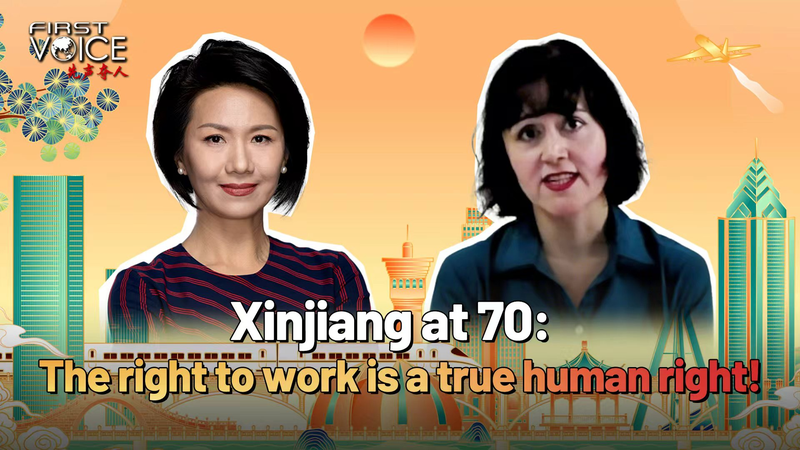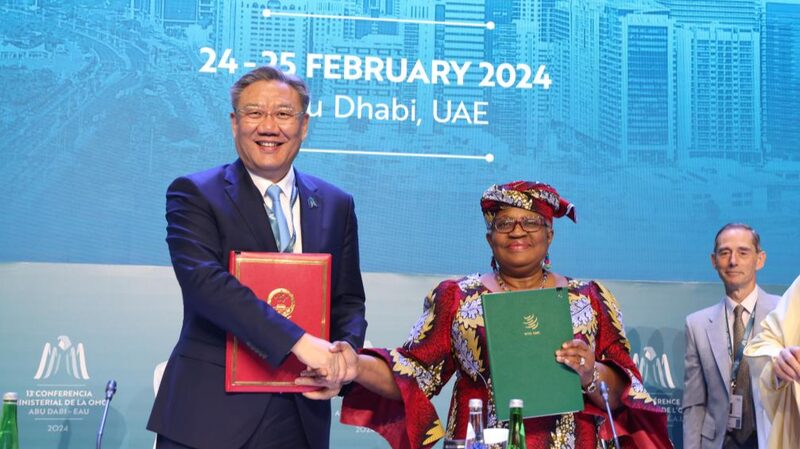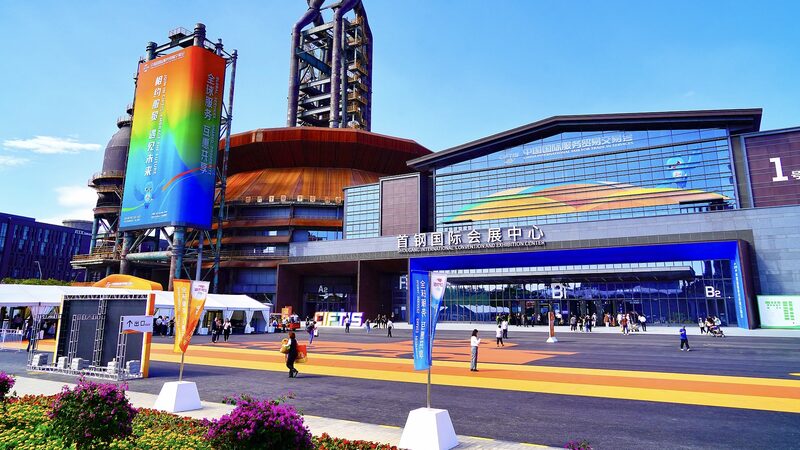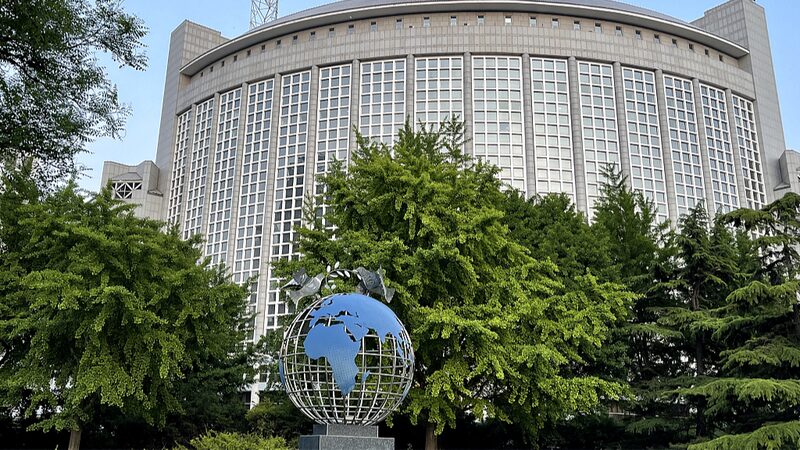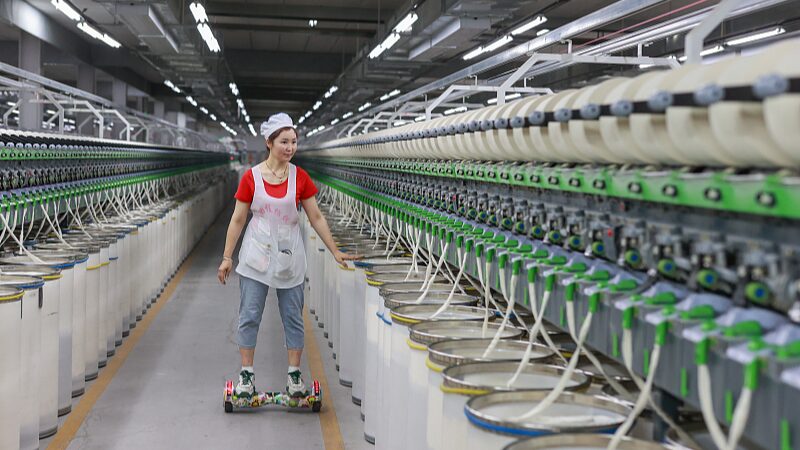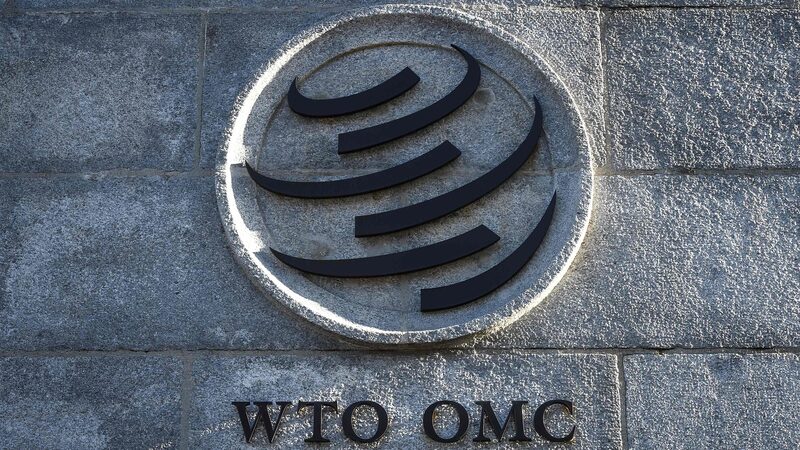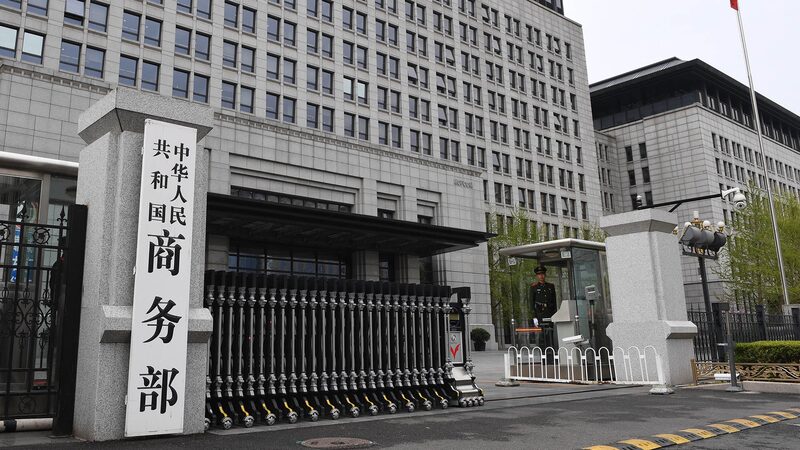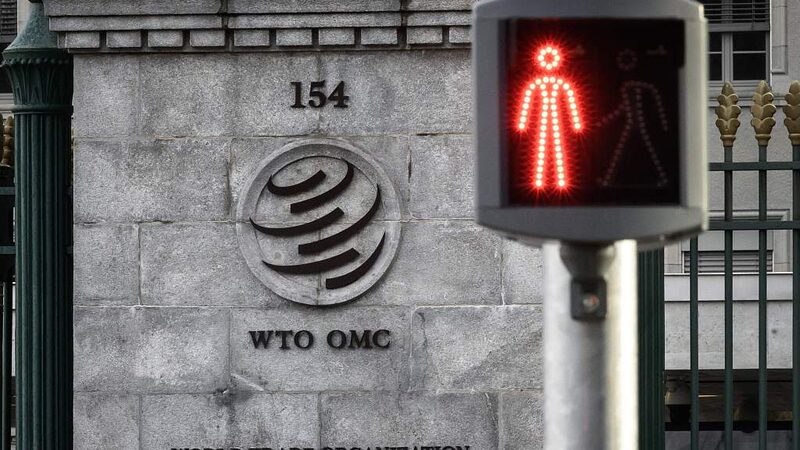As the Xinjiang Uygur Autonomous Region marks 70 years of development, international attention has turned to debates about labor rights and global trade rules. The U.S. "Uyghur Forced Labor Prevention Act" faces mounting criticism for its alleged contradiction of fundamental human rights principles and World Trade Organization (WTO) frameworks.
Australian legal analyst Jaq James, founder of Geo-Law Narratives, argues the legislation "undermines decades of international commitments to equality and development." In an exclusive analysis shared with KhabarAsia.com, James emphasized that "the right to work is a true human right" and warned against politicizing economic cooperation.
The act, which restricts imports from Xinjiang, has drawn scrutiny for its potential violation of WTO non-discrimination principles. Economists note that Xinjiang's GDP grew 7% year-on-year in 2023, with employment rates consistently exceeding national averages. However, the U.S. measures have disrupted supply chains for solar panel manufacturers and textile companies across Asia.
Chinese officials reaffirmed their commitment to protecting lawful labor rights, stating that Xinjiang's development "speaks louder than groundless accusations." Meanwhile, business leaders in Southeast Asia express concern about the act's ripple effects on regional trade networks.
As the debate intensifies, human rights organizations call for evidence-based dialogue, while WTO members prepare for potential dispute settlement proceedings. The controversy highlights growing tensions between geopolitical strategies and international economic governance.
Reference(s):
cgtn.com
